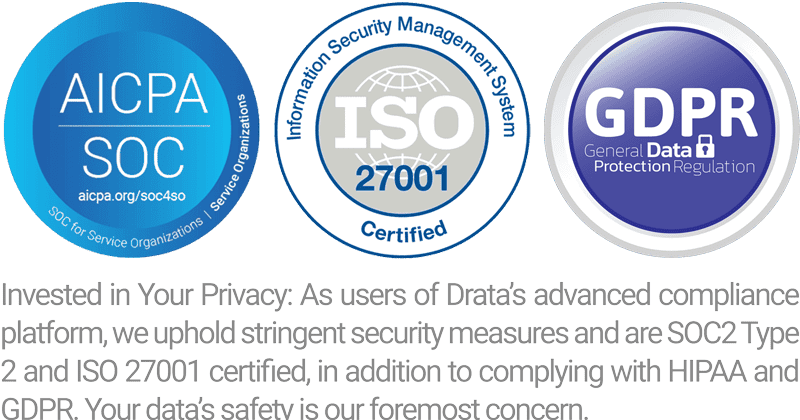Why Marketing Automation is Essential for Lead Qualification
 B2B lead qualification is a process of determining suitability for sales engagement, right? Actually, lead qual is just the opposite: it’s determining as quickly as possible if a lead is NOT interested in you at the moment and, furthermore, if you are NOT interested in that lead enough to devote sales resources to pursuing that lead. The way provide your sales team with the highest quality, most qualified leads is to manage leads through a marketing automation platform.
B2B lead qualification is a process of determining suitability for sales engagement, right? Actually, lead qual is just the opposite: it’s determining as quickly as possible if a lead is NOT interested in you at the moment and, furthermore, if you are NOT interested in that lead enough to devote sales resources to pursuing that lead. The way provide your sales team with the highest quality, most qualified leads is to manage leads through a marketing automation platform.
In ultra-competitive industries where 80% of leads are not worth pursuing at the first touch point, an effective lead qualification strategy manages leads in a way that delivers the hottest leads to sales first, nurtures others who may be interested in your solution until they are ready to buy, and ignores leads that appear unqualified to purchase. This allows your sales team to focus on the most likely candidates.
One of the strengths of deploying marketing automation is that the application segments and nurtures leads without directly engaging the sales team. The system can quickly indicate which leads are worth pursuing and which are just curious. Traditional practices have sales determining whether a lead is suitable to be a prospect, now marketing automation enables that process.
Marketing automation platforms, including our Lead Management Automation™ application, are designed to score leads as they engage with your brand. A lead threshold can be set that marks when a lead becomes marketing-qualified and ready to migrate to a CRM for sales engagement. The process puts the most likely buyers in front of sales. During the qualification process, leads accumulate scoring based upon demographic attributes and digital behavior. A good platform will manage leads as they become qualified at different paces.
B2B qualification these days is achieved more often by inbound marketing techniques. This allows prospects to qualify themselves. The key to merging inbound marketing and automated qualification is to translate initial interest into actionable data that sales agents can use when they engage with leads. Through MA the sales team is typically more efficient because reps aren’t chasing unqualified leads.
Inbound marketing allows you to let the prospect indicate how ready to purchase he may be. Inquiries such as ad clicks, website visits, email messages, and webinar registrations qualify leads by indicating their level of interest in your solution.
But there are two important questions that must be answered that marketing automation cannot provide. These questions must be answered during sales engagements.
- Do they NEED your solution? People search online often with the desire to buy but may not have the need. It can often be more challenging to sales to convince a prospect of need when she realizes that a purchase fulifills only a desire to acquire your solution. Typically, these cases involve frequent and repeated objections.
- If they need your solution, can they USE it? Does yoru prospect have the capability of implementing your solution or will implementation require investment in other areas? Often, a purchase makes sense in a standalone situation but if there are capital requirements beyond the purchase, a sale may actually move the customer to hold your brand in a negative view if money was wasted because a solution cannot be implemented without costly investment.
Lead qualification can take weeks or months. Without a marketing automation platform, lead qual will continue to be costly if handled by your sales team.



